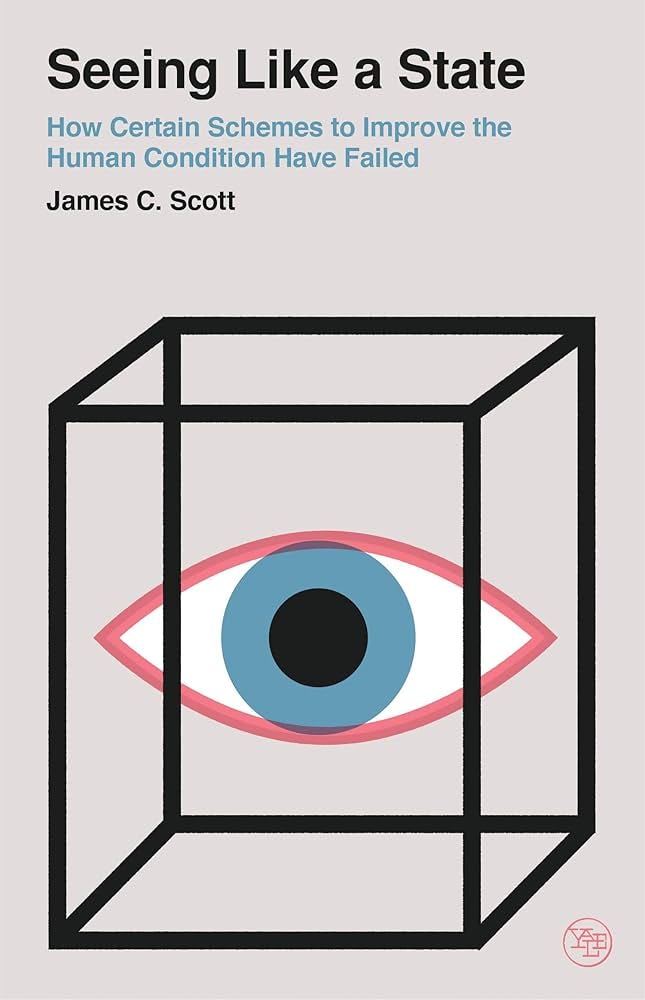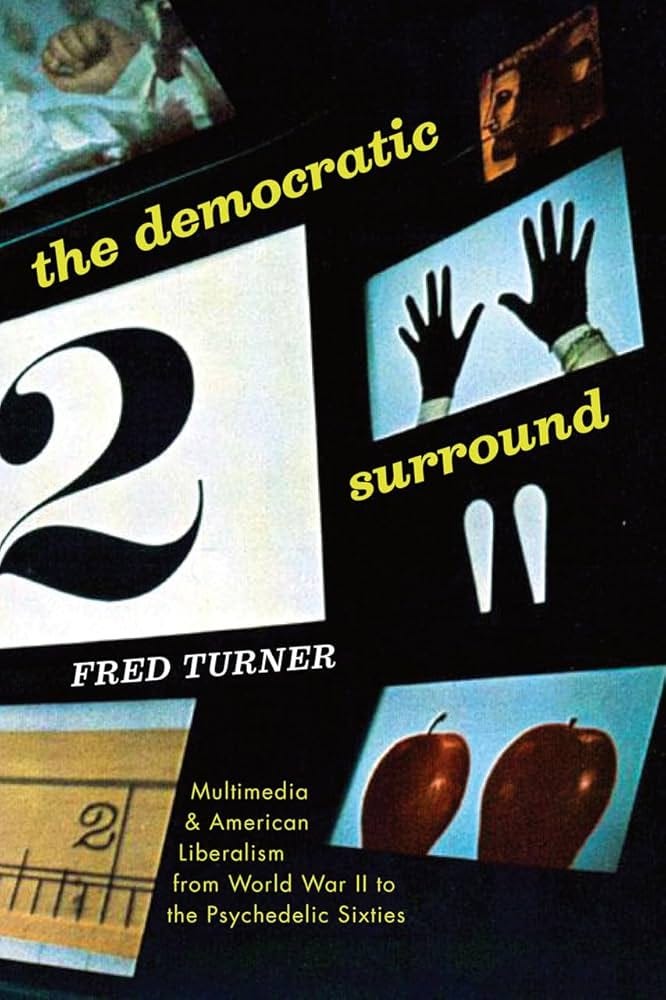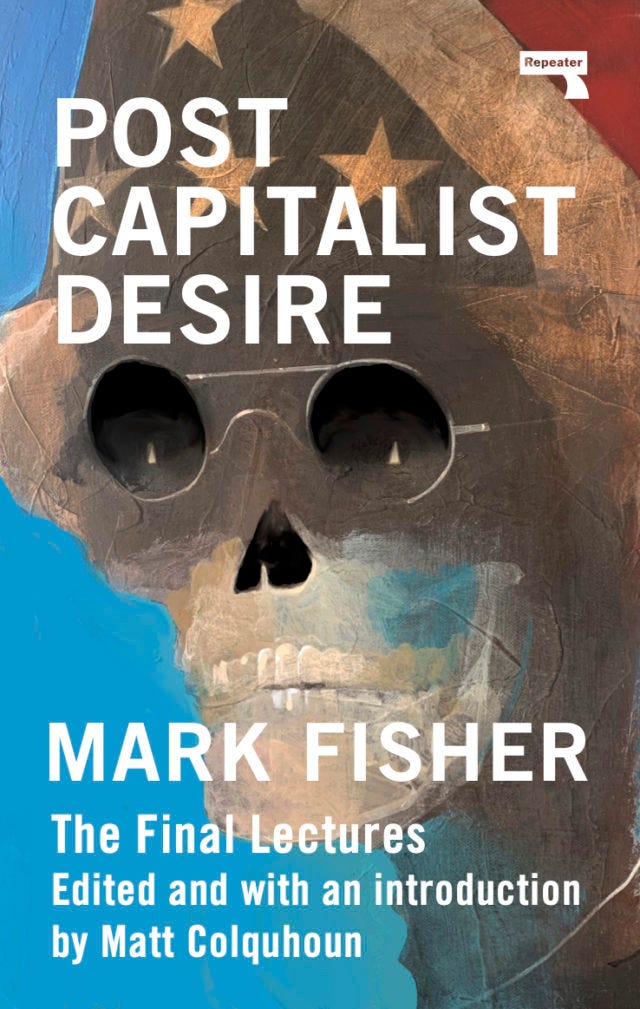things i read in 2024: politics
part 5!
Every politics-related, non-Soviet Studies book I read in 2024, with reviews!
Seeing Like A State
by James C. Scott
This book has made me sympathetic to left-wing Hayekianism.
Scott’s primary thesis is a critique of what he deems “high modernism,” a style of modernism that places science and technology at the center of a project to reorder the social and natural world by way of mastering them and making complex environments simplified, standardized, and legible.
He expands on this twofold: that the State attempts to make that which it rules over legible to it by a variety of homogenizing and flattening means that elide and obscure natural relations, and that certain knowledge is incapable of this legibility, deemed metis, or practical, experiential knowledge, gained by experience and shaped by individual experience, often held by artisans.
I also read this as a potential avenue for a critique into the epistemology of modern AI, especially Large Language Models (LLMs), which function principally by tokenizing and “making legible” complex concepts. There’s an argument to be made that the collective effort of the AI labs and the US government to achieve “AGI” is exactly the type of high modernism Scott critiques.
The Democratic Surround
by Fred Turner
Shoutout to the SF Democratic Surround book club! This was a thoroughly academic book — I learned a lot about the media and art landscape of the turn-of-the-century West, especially about Black Mountain College and the Bauhaus School. A bit stuffy at the end, but a good clue-in to the Turnerverse (see: From Counterculture to Cyberculture).
Post Capitalist Desire
by Mark Fisher
Mark Fisher never pulls his punches. A good addition to those who have read Capitalist Realism. Fisher isn’t a thorough analyst of society in the way I might regard thinkers like Marx, but he is quite good at agitprop, generally.
The Hundred Years War on Palestine
by Rashid Khalidi
I knew the history of Palestine and Israeli colonialism was bad. I didn’t know just how bad it was. Khalidi’s work is a service to all: I’m sad to see him retire from academia.





